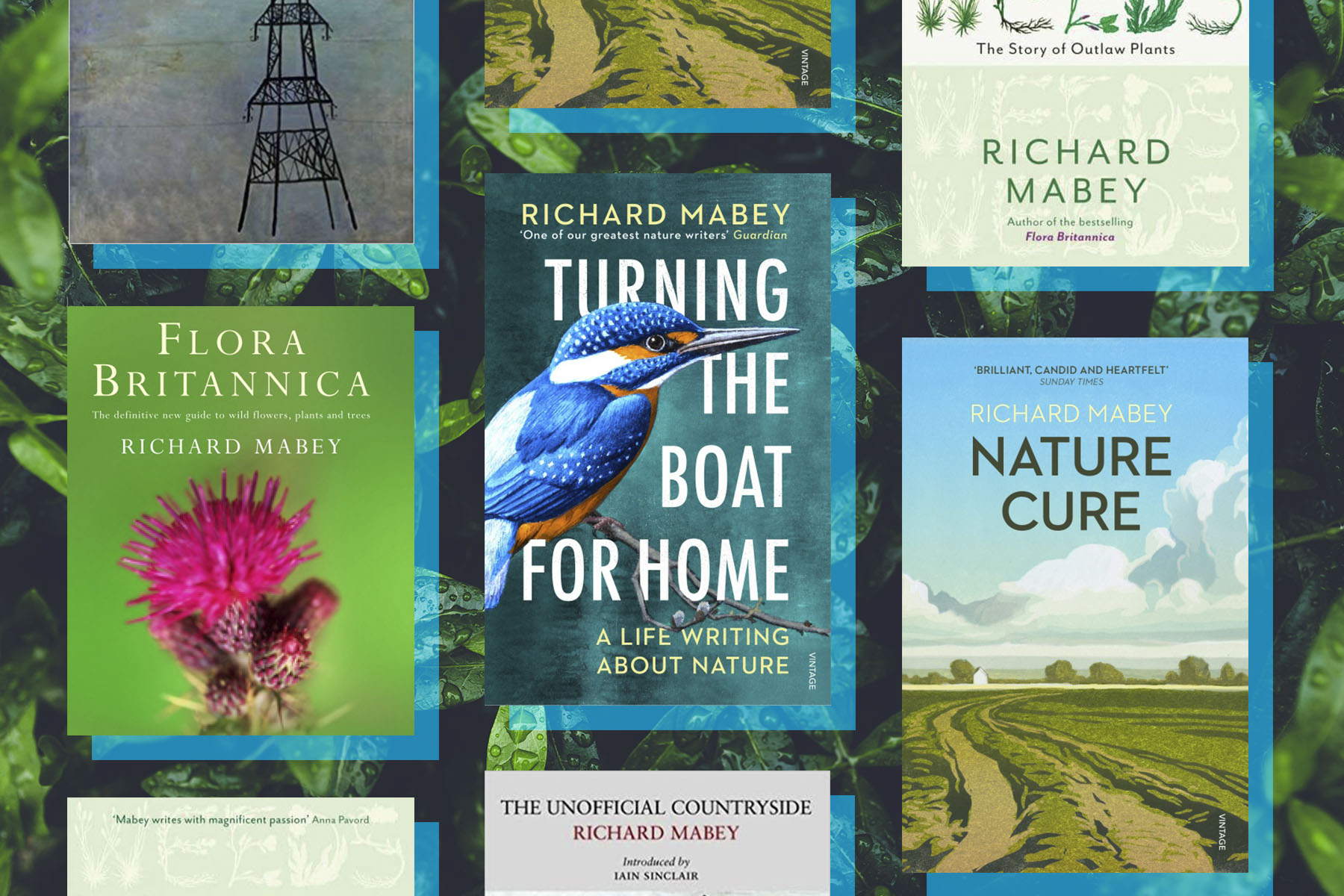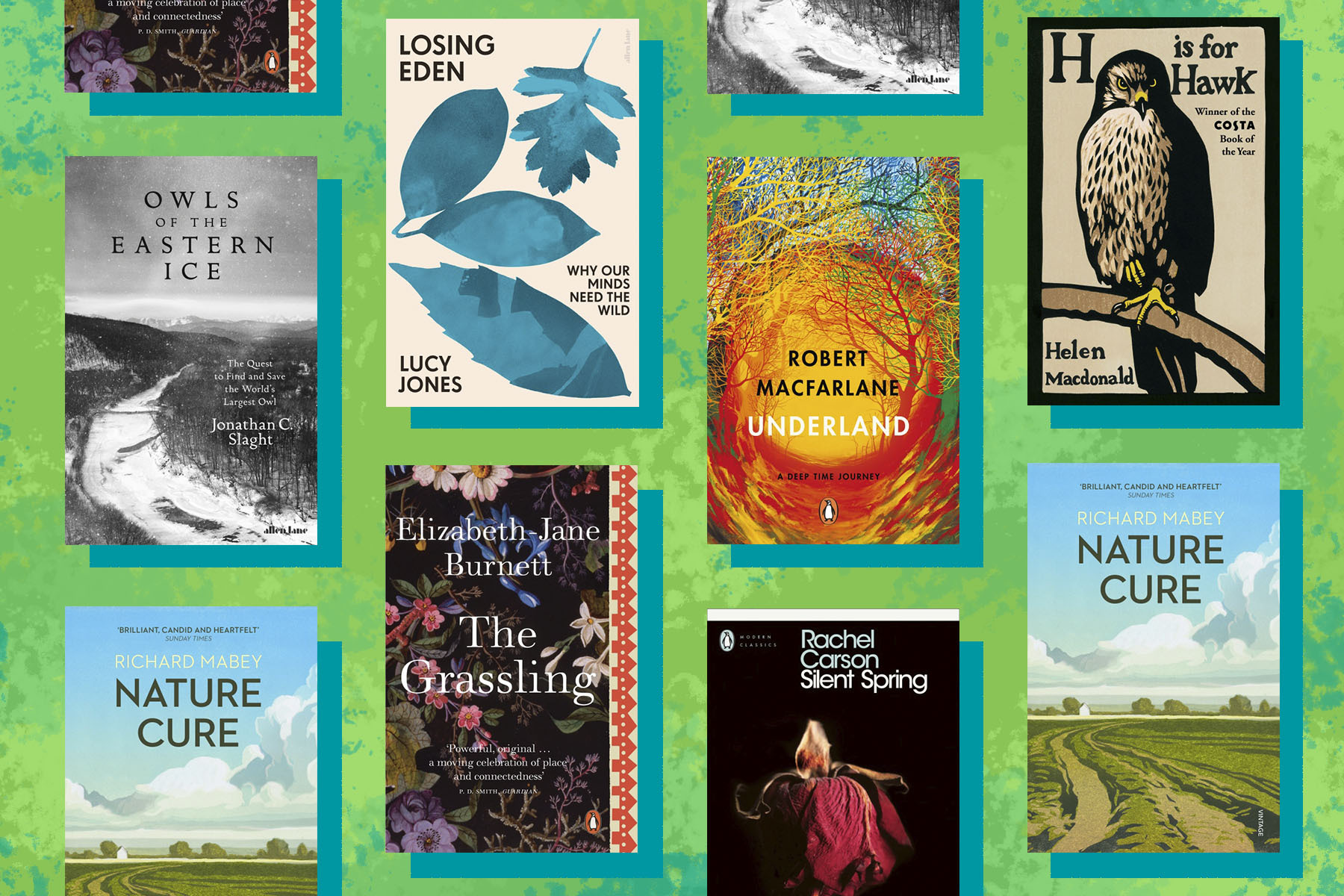Richard Mabey
Praise for Turning the Boat for Home
Richard Mabey is among the best writers at work in Britain. I don't mean among the best nature writers, I mean the best writers, full stop. I would read anything he wrote, but if such a thing as nature writing ...
Tim Dee
One figure, like no other, looms large in setting the ground for the contemporary form that has come to be called then New Nature Writing. Richard Mabey is an author whose work has consistently pioneered new ways ...
Jos Smith
One of our most influential writers on the natural world
Gardens Illustrated
Richard Mabey is among the best writers at work in Britain. I don't mean among the best nature writers, I mean the best writers, full stop. I would read anything he wrote, but if such a thing as nature writing ...
Tim Dee
One figure, like no other, looms large in setting the ground for the contemporary form that has come to be called then New Nature Writing. Richard Mabey is an author whose work has consistently pioneered new ways ...
Jos Smith
One of our most influential writers on the natural world
Gardens Illustrated
Richard Mabey is among the best writers at work in Britain. I don't mean among the best nature writers, I mean the best writers, full stop. I would read anything he wrote, but if such a thing as nature writing ...
Tim Dee
One figure, like no other, looms large in setting the ground for the contemporary form that has come to be called then New Nature Writing. Richard Mabey is an author whose work has consistently pioneered new ways ...
Jos Smith
One of our most influential writers on the natural world
Gardens Illustrated


